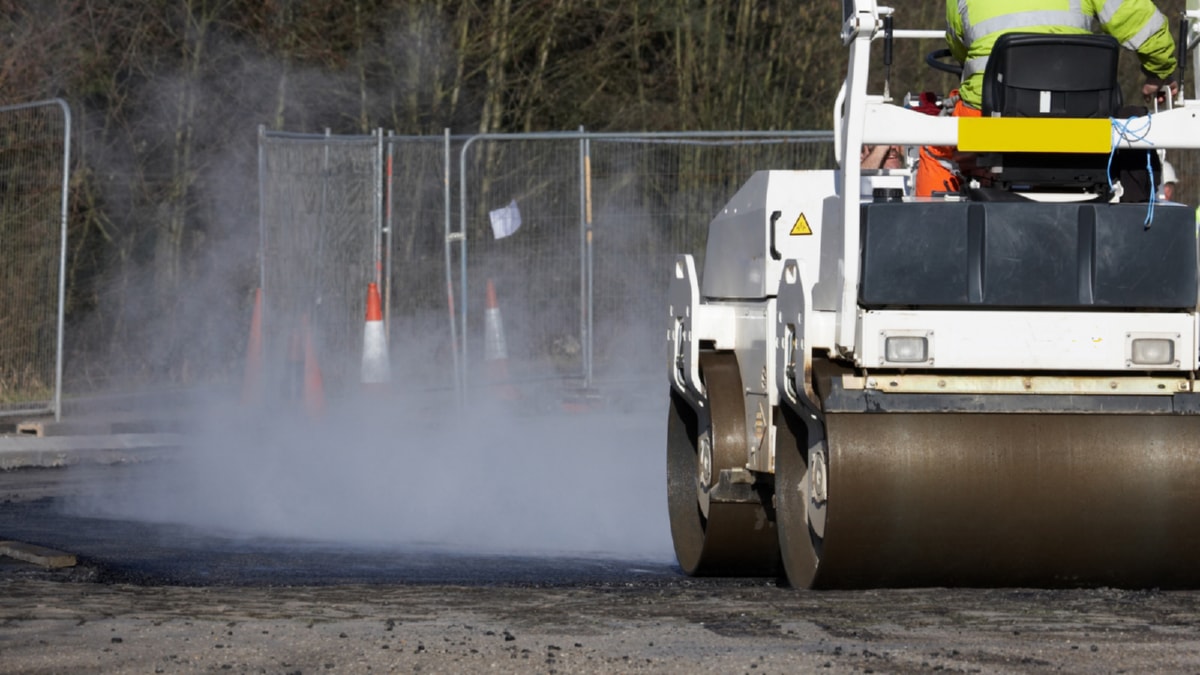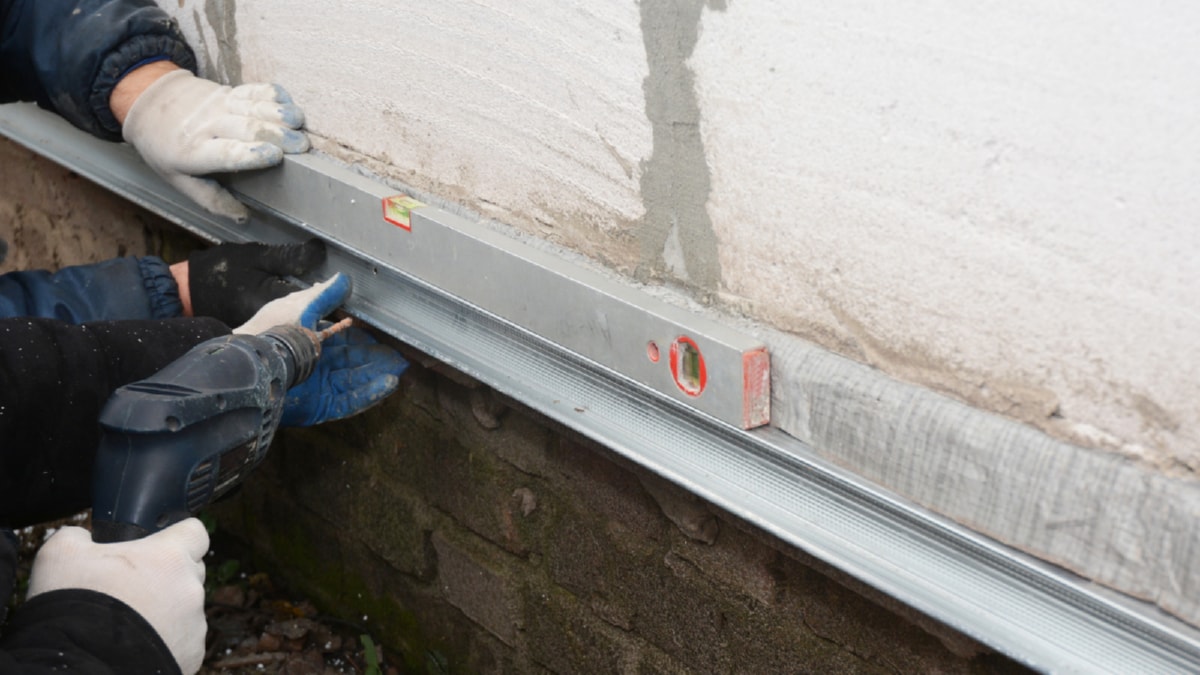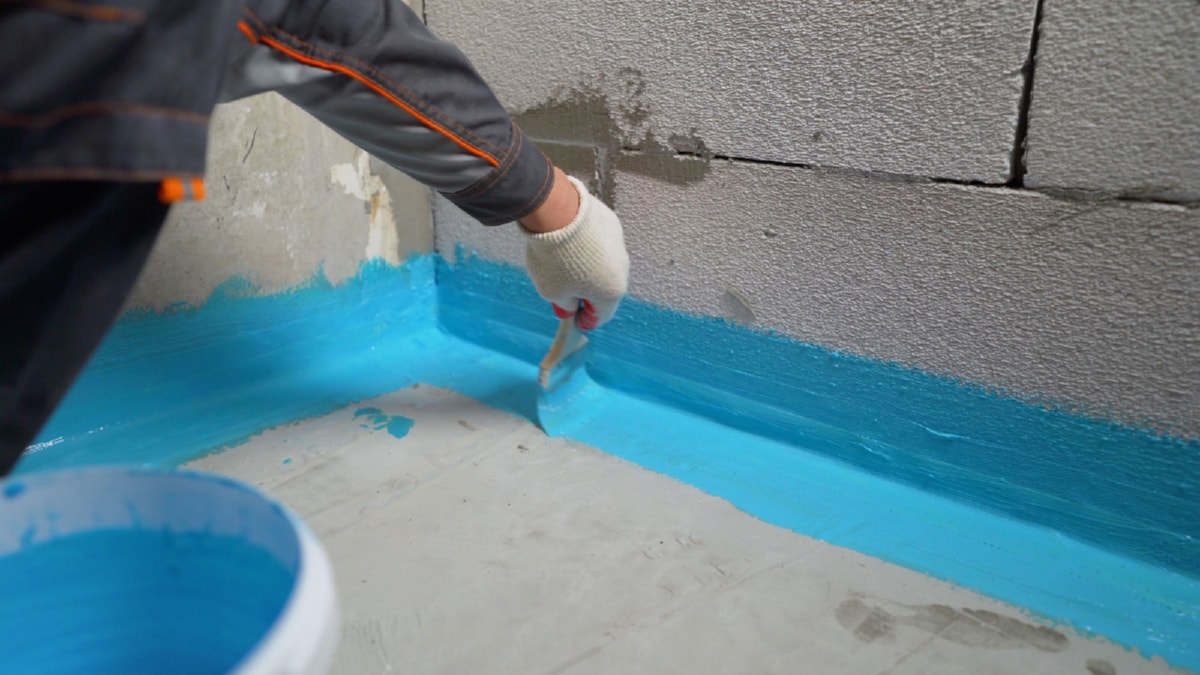{How to Improve 24950 1125
In the demanding arena of construction, having a solid understanding of a well-structured construction plan is imperative. A properly orchestrated plan not only ensures that the project stays on track, but it also helps in minimizing cost overruns and delays. Furthermore, it provides a clear roadmap for all stakeholders involved in the project, thus fostering a cohesive and efficient working environment.
Key elements to consider for successful construction projects include a comprehensive project scope, a realistic timeline, a detailed budget, and effective risk management strategies. A comprehensive project scope should outline the project’s goals, deliverables, features, functions, tasks, deadlines, and costs. Furthermore, a realistic timeline should take into consideration all the tasks and milestones that need to be achieved throughout the project’s lifecycle.
In relation to budgeting, it’s essential to ensure that all costs – from labor and materials to permits and overheads – are accurately estimated and accounted for. Finally, risk management strategies should address potential issues and contingencies that might impact the project, thereby ensuring its smooth execution and completion.
The importance of proper construction management cannot be overstated. Effective construction management can mean the difference between a successful project and a failed one. It involves meticulously planning, coordinating, and controlling a project from start to finish, while ensuring that the client’s requirements are met, and the project is completed on time and within budget.
A properly managed construction project also guarantees the health and safety of all workers on site. Here is where the benefits of prioritizing construction safety regulations come into play. Adhering to these regulations not only reduces the risk of accidents and injuries but also contributes to a more productive and positive work environment.
Just as crucial as the planning and management of a construction project are the tools and equipment used. Appropriate tools and equipment can enhance efficiency, increase productivity, and ensure the quality of work. Key tools and equipment for a construction site include earthmoving machinery, cranes, concrete mixers, power tools, and safety gear.
To sum up, a successful construction project requires a solid plan, effective management, adherence to safety regulations, and the use of proper tools and equipment. Understanding and implementing these elements can lead to the successful completion of construction projects, satisfying clients and enhancing the reputation of the construction firm.
For more details, check best Brick Paving Kildare Galway Limerick Mayo Offaly or visit their Brick Paving Kildare Galway Limerick Mayo Offaly business listing here.




